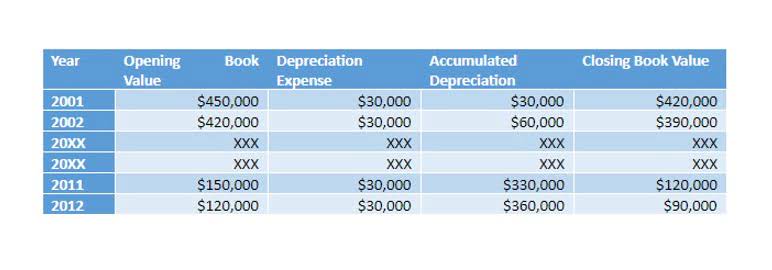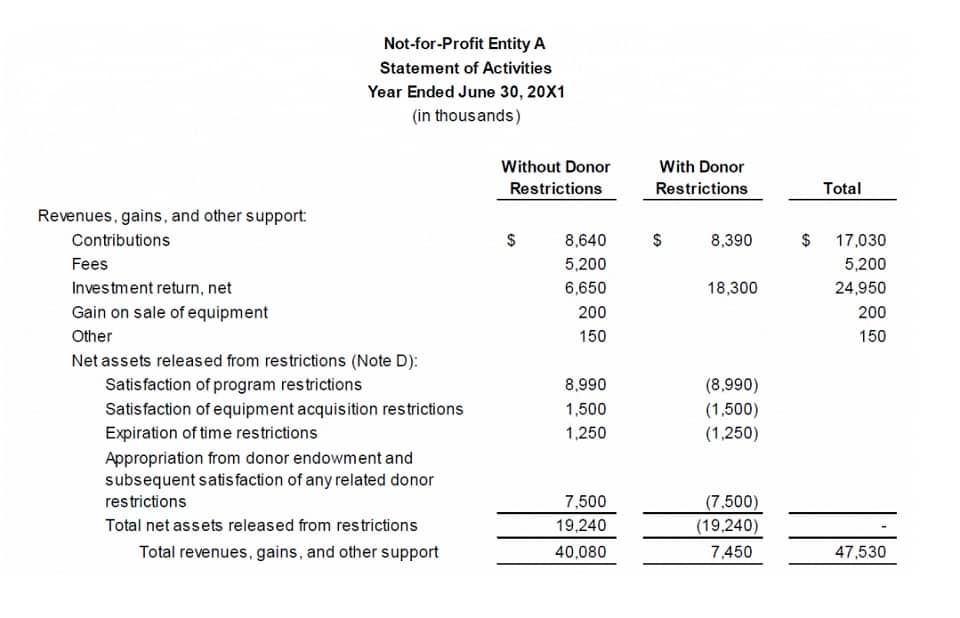What you Should Know About Oil & Gas Accounting
- March 15, 2023
- Bookkeeping

Generally Accepted Accounting Principles (GAAP) as set forth by the Financial Accounting Standards Board (FASB) when managing oil and gas financial accounting the book of any company regardless of the size and whether a company is public or private.
- Whether you need on-site training or online solutions, we can tailor the training courses to suit your organization’s needs.
- To get a real world example of this NAV model, click here to view a sample video on how to set up the revenue side in a NAV analysis for XTO Energy.
- Nakisa’s software supports non-lease components with dedicated fields and tailored calculations that adapt to the user’s specific needs.
- Generally, cancellations made at least 21 days before the training are eligible for a refund, less any administrative fees.
- For accounting in the oil and gas industry, best practices are ever-evolving due to technological advancements, macroeconomic conditions, and the continual need to reduce general and administrative (G&A) costs.
- Then, you add up and discount everything based on the standard 10% discount rate used in the Oil & Gas industry (no WACC or Cost of Equity here).
FIFO vs. LIFO: Accounting Methods and Their Impacts
This estimation process involves significant judgment and can impact the timing and amount of revenue recognized. Advanced software tools like SAP S/4HANA and Oracle’s Oil and Gas Accounting solutions are often employed to manage these complexities, providing real-time data and analytics to support accurate revenue recognition. Production costs, also known as lifting costs, are the expenses balance sheet related to extracting oil and gas from the ground and bringing it to the surface.

Income Statement

While this arrangement provides significant flexibility, it complicates lease accounting due to shared responsibilities and the need to determine the appropriate recognition of assets and liabilities. Nakisa’s lease accounting software provides a scalable and compliant solution for managing the complex details of fleet and rail car leases, ensuring accurate financial reporting and efficient lease management across the board. The oil and gas industry operates within one of the most capital-intensive sectors globally, driven by the need for extensive infrastructure, equipment, and operational support across vast geographies. In this dynamic environment, leasing is critical in enabling companies to use essential assets— ranging from land and drilling rigs to transportation pipelines, retail, and storage facilities— without?the need for substantial upfront capital. However, the complexity of lease agreements in this sector poses unique challenges for financial professionals responsible for ensuring accurate, compliant accounting. Most major E&P companies implement the Successful Efforts (SE) method due to the transparency accounting for oil and gas companies it provides.
- This estimation is crucial as it directly impacts the rate at which costs are allocated over the productive life of the asset.
- Another layer of complexity is added by the various types of contracts prevalent in the industry, such as take-or-pay agreements and production imbalances.
- Revenue recognition in oil and gas accounting can be complex due to factors such as production-sharing agreements, joint ventures, and royalty payments.
- All oil and gas companies are expected to stay current with the latest accounting standards to ensure compliance with U.S.
- These requirements vary widely from state to state, and it’s important to have a system that can support these requirements and make compliance a breeze.
- Factors such as the type of crude oil, its sulfur content, and the presence of natural gas liquids can significantly influence the economic value.
Risk Management
Yes, PetroKnowledge offers customized in-house training solutions for organizations looking to upskill their teams. We work closely with companies to design bespoke training courses for oil and gas professionals that address specific challenges and objectives. Whether you need on-site training or online solutions, we can tailor the training courses to suit your organization’s needs. Revenue recognition in the oil and gas industry is a complex process influenced by various factors, including the nature of contracts, the timing of delivery, and market conditions. The industry often deals with long-term contracts, which can span several years and involve multiple performance obligations.

Seven key aspects of oil and gas accounting include:

That seems straightforward, but it gets confusing on the other financial statements because some companies apply these standards inconsistently and use a “mix” of both. You see such high percentages because of the sky-high depreciation, depletion & amortization (DD&A) numbers for oil & gas companies and because many companies record them differently for book and tax purposes. When you project a natural resource company’s statements, you begin by projecting its production by segment based on its reserves and its historical patterns. We believe the oil and gas industry is at the beginning of the back-office technological revolution. Over the next decade, companies will see a fundamental transformation of how they can eliminate waste, streamline accounting, and automate daily tasks, as well as reduce overall G&A.

Why is fixed asset leasing important in the oil and gas industry?
This is typically calculated using the unit-of-production method, which allocates costs based on the proportion of reserves extracted during a period relative to the total estimated reserves. GAAP is dynamic, and the FASB continually updates and issues new standards to address emerging issues and improve the quality of financial reporting. All oil and gas companies are expected to stay current with the latest accounting standards to ensure compliance with U.S. Oil and gas accounting is a specialized discipline essential for accurately tracking and reporting financial activities in the oil and gas https://www.bookstime.com/ industry. Taxation in the oil and gas sector is a multifaceted issue that significantly influences the financial health of companies operating within this industry.
- tags


Leave a Reply
You must be logged in to post a comment.